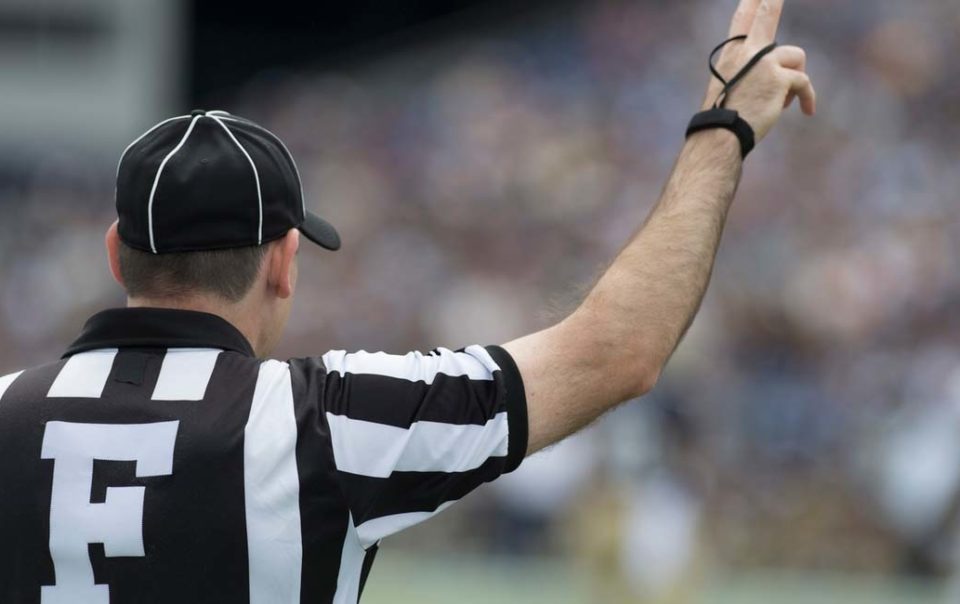The other day I took the family fishing and as I was securing the boat on the trailer, I heard escalating arguing in the distance. As I continued, the screaming became louder and the insults more serious. It all started to boil over when a man started walking over from his slip to the other man’s boat to confront the group as he was screaming back. A few bystanders were yelling “It’s not worth it” and “walk away”. As the argument escalated and he continued to walk over, his girlfriend started to pull him back and as she did, the other woman in the other boat started to taunt him with foul language. A serious physical altercation appeared inevitable as he started charging until they heard police sirens in the distance. Suddenly, every one stopped yelling and dispersed.
One of the hardest things for men to process is being insulted. At the moment we feel diminished as a man. Our pride and ego severely deflated. We immediately seek ways to take back what has been “stolen” from us and make things “right”. We rationalize it’s our right to be restored and will get this back no matter what. We’ve all heard the saying from Mathew 5:39 stating we should turn the other cheek.
Get ready
First of all, let’s look at this in a cultural and geographical context because in those time as well as today, being slapped in the face was of great insult and public shame. What Jesus is commanding us to do here is to put the slap into perspective. Being slapped both literally and figuratively is the same as being insulted and shamed. When Jesus mentions turning the other cheek, he’s saying that we should not seek to remedy the insult but rather know and be secure in our identity that: 1. We are a child of God and 2. God will rectify this wrong for us ( Romans 12:19 and 1 Peter 3:9 ). That being said, defending ourselves is different form being insulted.
We have a right to defend ourselves when the offender seeks to intentionally harm us verbally and/or physically. We must defend ourselves accordingly. More specifically, we must first check the condition of our heart and determine if we will sin in the process. What this means is if someone is seeking to harm you then appropriate response would be to defend but not seek to harm the other person in return. This may require rendering that person ineffective but never with the intention to harm for satisfaction. Nehemiah 4:17-18 reminds us that we have a right and responsibility to defend ourselves when attacked and as such be prepared.
How will you know what response is most appropriate at the time? As men of God, we must always carry the sword ( word of God ) in us and be living in the Spirit so that when the time comes to defend ourselves or turn the other cheek, we will be operating from grace and love not of revenge and anger.
Encouragement:
God has gifted us with a Spirit of power, love and self-self-disciplne ( 2 Timothy 1:7 ). All we need to do is submit to it.
Challenge:
How can you love regardless of the wrong done to you?
How will you prepare yourself ahead of time for the confrontation and apply this daily for a lifetime?





